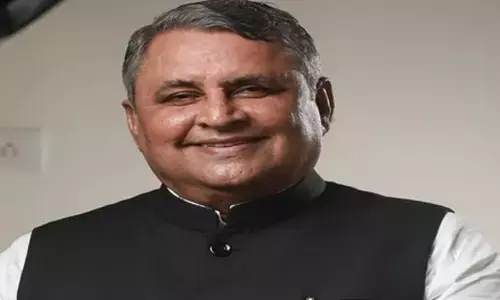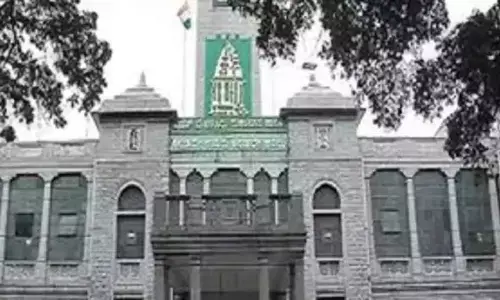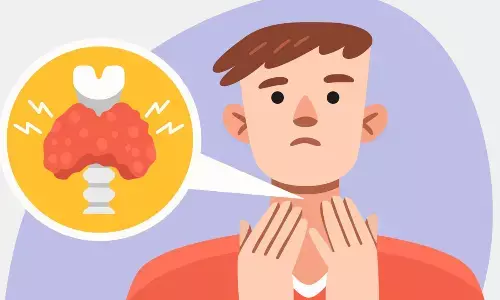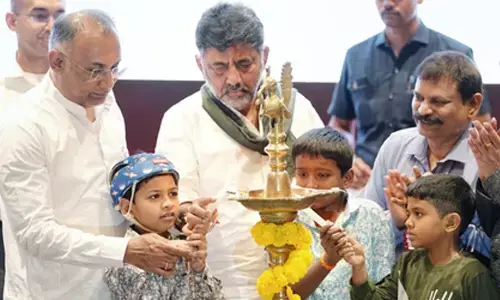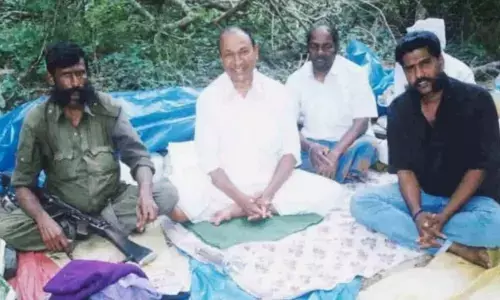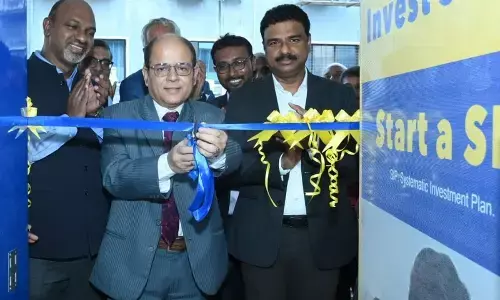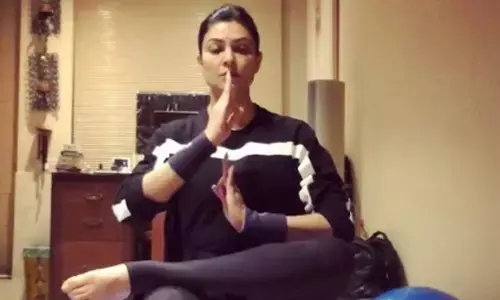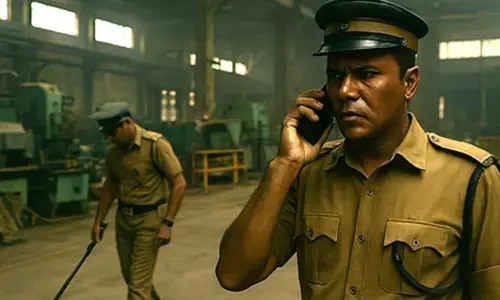Religious leaders call for new law to liberatee temples from govt control
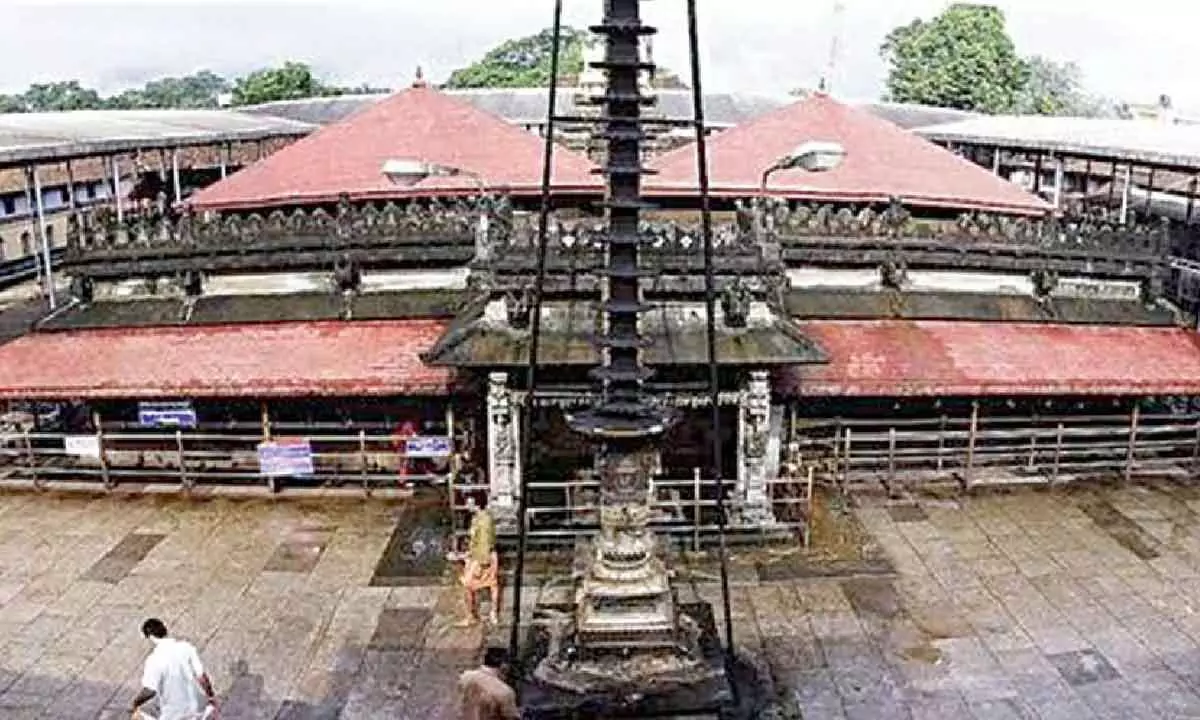
Sri Subudhendra Theertha Swamiji of Mantralaya has voiced his strong displeasure over the ongoing controversy surrounding the Tirupati Laddu and has called on the central government to introduce legislation that would remove temples, religious centres, and mathas from the control of the Mujarai Department.
Raichur : Sri Subudhendra Theertha Swamiji of Mantralaya has voiced his strong displeasure over the ongoing controversy surrounding the Tirupati Laddu and has called on the central government to introduce legislation that would remove temples, religious centres, and mathas from the control of the Mujarai Department.
Speaking on the issue, Sri Subudhendra Theertha Swamiji stressed that prior to India’s independence, temples and religious institutions were managed by their devotees, disciples, and respective communities. However, with the implementation of personal laws, control over these institutions has shifted to the government. He described the current situation as “troubling,” citing interference from both politics and government authorities in the day-to-day affairs of religious institutions.
“The mathas and temples should be governed by their devotees and the religious leaders of the community. Outsiders shouldn’t dictate the practices and customs of our religious spaces. This is the work of local elders, community members, and the religious leaders who uphold the traditions of Sanatana Dharma,” he emphasized.
Sri Subudhendra Theertha also expressed his support for initiatives like the Sanatana Dharma Parikraksha*project, which advocates for the autonomy of religious institutions. “We strongly demand that temples, mathas, and other religious centers be freed from the administrative control of the Mujarai Department,” he declared.
While he acknowledged that the government has a role to play in addressing issues related to temple management, he firmly stated that its involvement should be limited to resolving specific problems. “The government should not interfere with the sanctity, traditions, and religious practices of these institutions,” he said.
Referring to the Constitution of India, Sri Subudhendra Theertha pointed out that such interference is not permitted. “The Constitution, given to us by Dr. Ambedkar, does not allow for the government to change the traditions of religious institutions,” he remarked.
He also called for strict action in the Tirupati Laddu controversy, asserting that any disrespect or deviation from religious practices must be condemned. “The sanctity of devotees’ faith has been compromised, and we demand that those responsible be held accountable under the law,” he added.
Earlier another prominent Vaishnava sect swamiji, HH Sugunendra Thirtha of Paryaya Puthige mutt of Udupi, had also voiced concern about the deteriorating administrative standards of the temples and too much political and bureaucratic interference in the affairs of Hindu religious institutions, mutts, and temples.
Deputy Chief Minister of Andhra Pradesh Pawan Kalyan has also voiced his concern about de-controlling the temples and constituting a Sanathan Committee at the national level that will eventually lead to the removal of government control over the Hindu temples and religious organisations. The Tirupathi Tirumala Temple Venugopal Dikshitulu during the’sanctification of Tirupathi temple’ on Monday has also voiced his concern on these lines. The members of the Dharmika Parishat, felt that governments should not be involved in administering the religious institutions.
Even the Muslim and Christian religious leaders, who are liberal to some extent, have aired concerns about things that have to be kept out of the purview of government control, especially the religious places. A well known Muslim thinker and religious leader who did not want to be quoted said, the central government, along with abolishing the Wakf Board must also think of de-controlling the temples from its clutches. The controversy has garnered widespread attention, with religious leaders across the region raising concerns over the government’s role in religious matters. Andhra Pradesh’s Chief Minister is reportedly conducting a serious inquiry into the issue.


